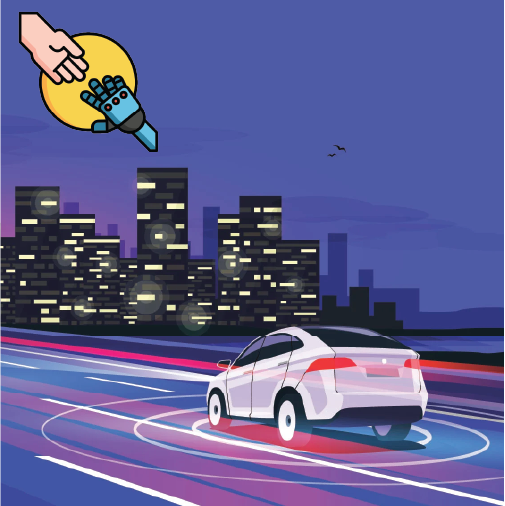With many car companies planning on switching to Electric vehicles by 2035, or sooner, and many countries agreeing, it makes it seem like if you own an internal combustion engine (ICE) vehicle past 2035 they will personally remove the car and destroy it on the spot. This begs the question; are electric cars vehicles the dias es macina that they have been promised to be? I’ll start by saying electric cars are not bad and do seem like the natural progression of cars and transportation moving forward. I personally am not their biggest fan, but they are not all bad.
From purely a performance standpoint, they are vastly better than their internal combustion counterparts. The instant torque offered by the electric motors gives these vehicles neck-snapping acceleration at any moment on the road, no need to worry about if you’re in the correct gear or not. All the power in an EV is ready in an instant no matter the speed and that alone is a huge performance advantage. They also have a much lower center of gravity, due to the battery packs on most of these cars being part of the frame and placed on the floor, or the lowest possible part of the car. This gives these vehicles an advantage while taking corners at fast or slow speeds, as the car will be more stable because most of the weight is at an extremely low point on the car.
There are also viable fiscal reasons too, and those lie under maintenance costs. Without an engine you don’t need oil, which means you save money on that. EVs also have something called regenerative braking, which converts kinetic energy into electric charge giving an energy boost as it recharges the battery and marginally reduces brake wear. The last advantage is that the lack of an engine, which gives you a trunk in the front (frunk) and one in the back as well so there is more storage space.
My issue with these cars is not that they are a new era of technology, or that they don’t make cool sounds, (even though that is a large reason of why I don’t like them) my main issue is that I don’t think they are what they say they are, which is an environmental resolution to an ongoing climate crisis. Yes, the car itself is not directly releasing carbon dioxide pollution, but the production process still is. These cars use very rare earth metals to make up the battery pack that is in virtually every single one of these cars. The batteries I am talking about are lithium-ion batteries and as it states in the name these cars use Lithium, which needs to be extracted from the planet in a process that is neither kind to the planet itself, nor the environment and causes high amounts of C02 to be produced. For every ton of Lithium extracted, 15 tons of C02 are produced. Doesn’t really seem like an environmental fix. Although lithium is by far the most prominent component of these batteries, it is not the only earth metal needed to make an EV battery. Other metals, such as cobalt, manganese, nickel, and graphite are needed also. All of these metals need to be extracted via mining and transported to an assembly plant. For example, according to the MIT Climate portal the Tesla Model 3 has a 80 kWh lithium-ion battery and the C02 produced from making that battery would range from 2400 kg (about two and halftones) to 16,000kg (about 16 tones). A gas car would have to drive 2500 miles to produce similar amounts of C02. A major factor with EVs is how the electricity is produced that is powering the car, luckily in America we have a relatively clean power grid, but an EV running on electricity produced from coal is equivalent to an internal combustion engine vehicle getting about 50-60 mpg.
I think the best way forward is to use hybrid or bio fuels. Hybrid vehicles combine the best of both vehicles all in one. They contain smaller batteries, so less of the metals need to be extracted and they contain smaller internal combustion engines so less direct emissions are produced. In a hybrid vehicle, both systems work in tandem with the gas engine charging the battery and the battery taking some strain off the engine throughout the drive. This would allow battery packs and electric drive systems to become more efficient until they are ready to take off. As of right now, EVs are much heavier than their ICE counterparts, as the battery packs are extremely heavy. Hybrids would allow time to work out kinks on a smaller scale.
Another viable option is biofuel vehicles, which is fuel made from organic matter in a much shorter span of time. This process does still produce C02, but the argument is that the carbon produced was absorbed in the organic matter as it grew, resulting in a semi-net zero gain in terms of C02 production. The other benefit of this is that it can be put into everyday vehicles on the road now, so it would reduce unnecessary waste of discarding a whole era of vehicles to usher in something new.
To conclude, I do not think that EVs are bad, and as I said, they seem like a natural evolution in terms of the performance gains that they offer, my issue is that they are not the environmental savior people make them out to be. You’re not saving the planet driving your Tesla.






